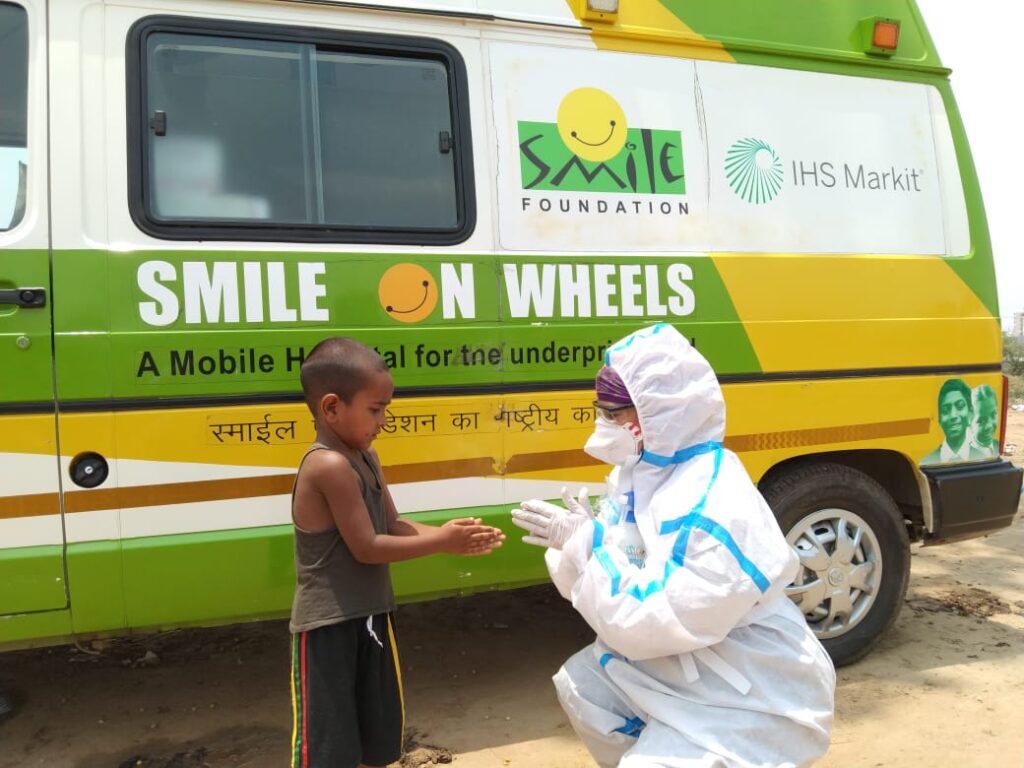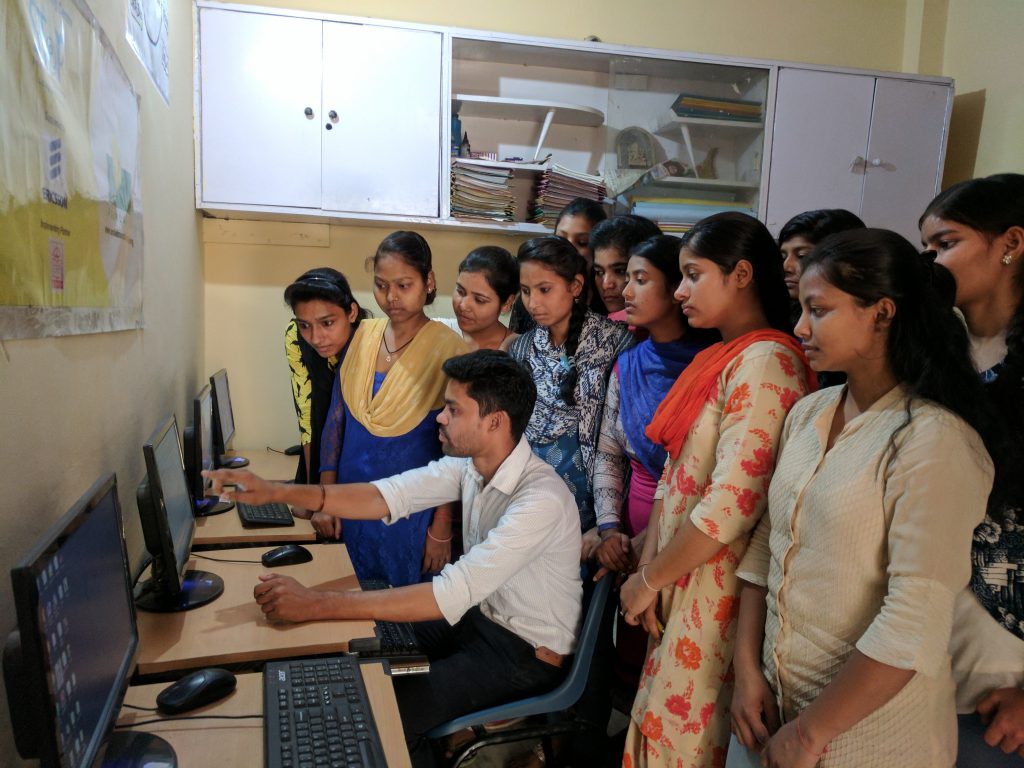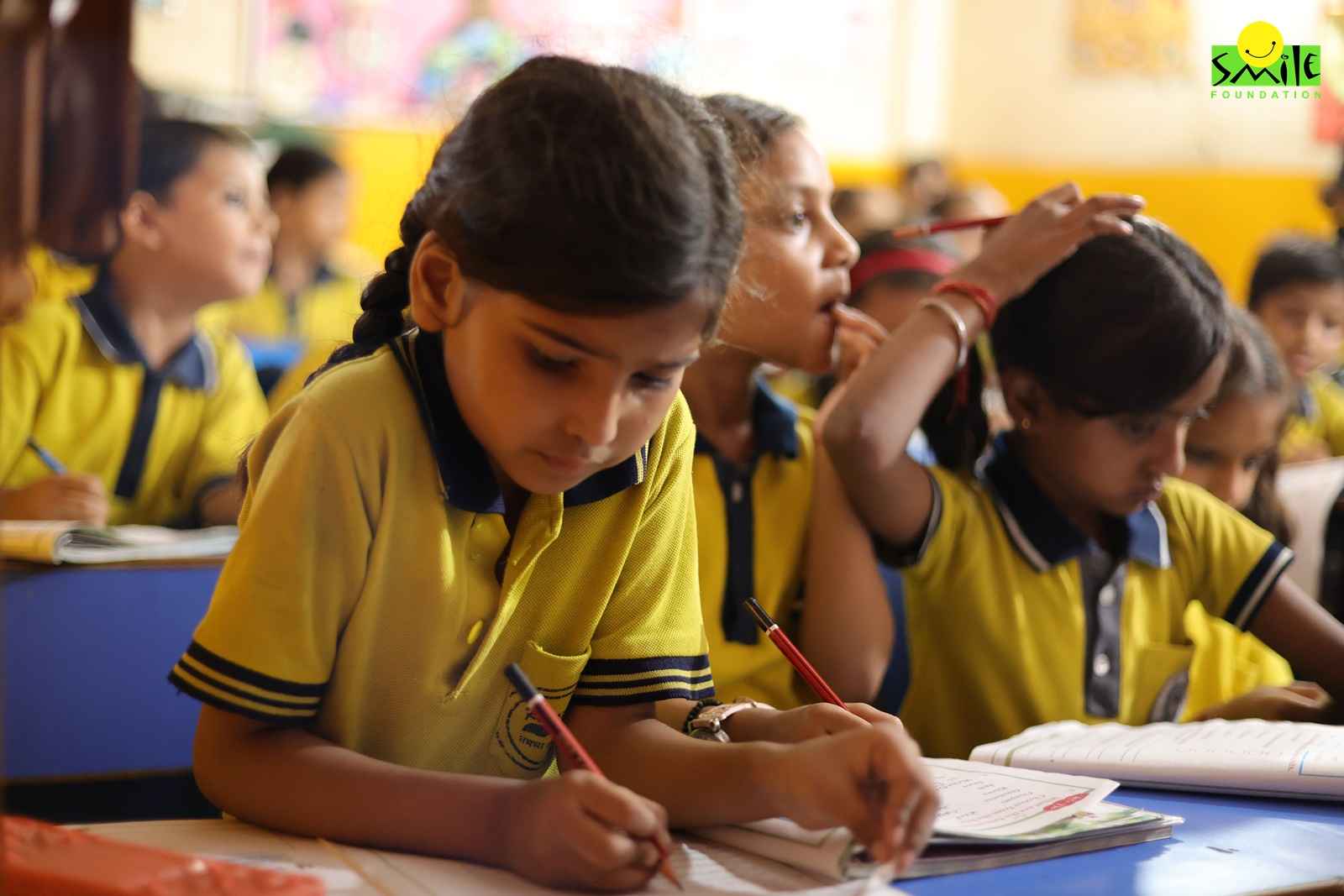Although the government can help creating the necessary infrastructure, water, sanitation and hygiene (WASH) is intricately linked to personal habits. That makes every citizen responsible for driving it from the front.
According to the UN, access to clean water, sanitation and hygiene (WASH) is fundamental to fighting the corona virus, more so for the vulnerable sections of the society. Corroborating a similar rider, the WHO emphasises that hand washing is one of the most effective actions one can take to halt the spread of infections like the COVID-19.Yet one in three people worldwide do not have access to safe drinking water, two out of five people do not have a basic hand-washing facility with soap and water, and over 673 million people still practice open defecation.
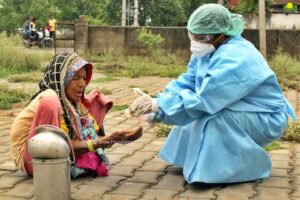
India is no exception to such sombre risk projections. Researchers fear that even the slightest possibility of water and/or faecal-oral transmission could turn the country into a ‘Covid-19 hotbed.’ With only one fifth of India’s households having piped running water, hygiene practices like frequent hand washing become difficult. Government surveys indicate that about 70 percent of people do not wash hands with soap prior to meals, while over 30 percent do not have the habit of washing hands with soap after defecation.
Areas where there’s piped coverage, the water pipelines are decaying and are increasingly becoming the reason for water-borne diseases. Groundwater continues to be the primary source of drinking for a large part of urban and rural India, but a World Bank report cautions that most of it runs the risk of being either depleted or contaminated.
Poor WASH infrastructure at schools continues to expose children to high risk and transmittable diseases like COVID-19, indicates a report by the WHO and UNICEF Joint Monitoring Programme. Inadequate hygiene remains the biggest contributor to infant and child mortality – a risk that can be reduced by 43 percent with proper handwashing habits.
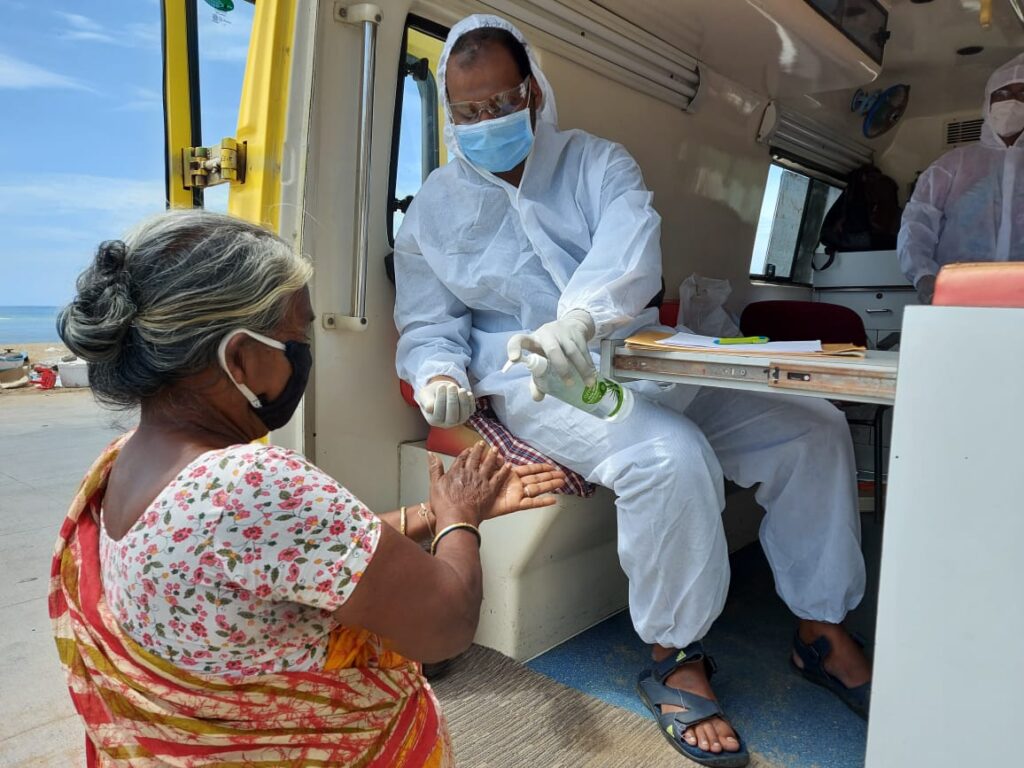
The good news is that long before COVID-19, India had already begun its nationwide journey towards WASH under the Swachh Bharat Abhiyan (SBA). From a country where over 600 million people lived without any access to toilets, the SBA has been instrumental in building more than 100 million toilets over the past five years. On October 2nd, 2019 rural India was declared open-defecation-free (ODF). Days before the outbreak of the pandemic, the government had announced the Jal Jeevan Mission (JJM) with an aim to provide potable water to all households by 2024.
The next leap from here should be made in the realm of solid and liquid waste management.But before that, while the government can help building the adequate infrastructure, WASH is intricately connected to personal habits. Successes witnessed under missions like the SBA can be sustained by making them a people-led and people owned movement. Information, education and communication (IEC) initiatives will play a vital role here by promoting a health-seeking behaviour in communities and constantly reinforcing the message that the ownership of building up a healthier and a more resilient nation lies with the citizens.
To know about how Smile Foundation is sensitising people visit https://www.smilefoundationindia.org/health-cannot-wait/



